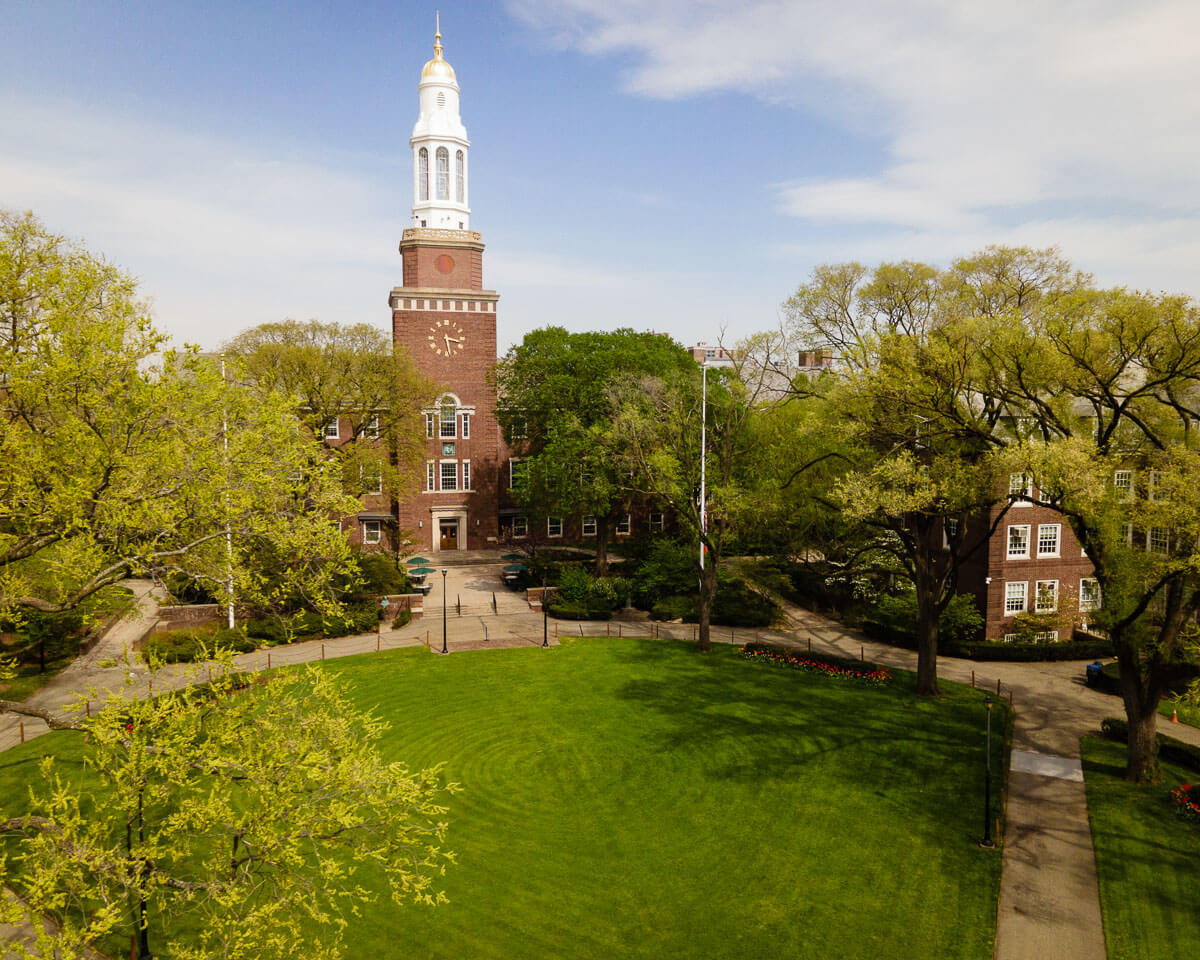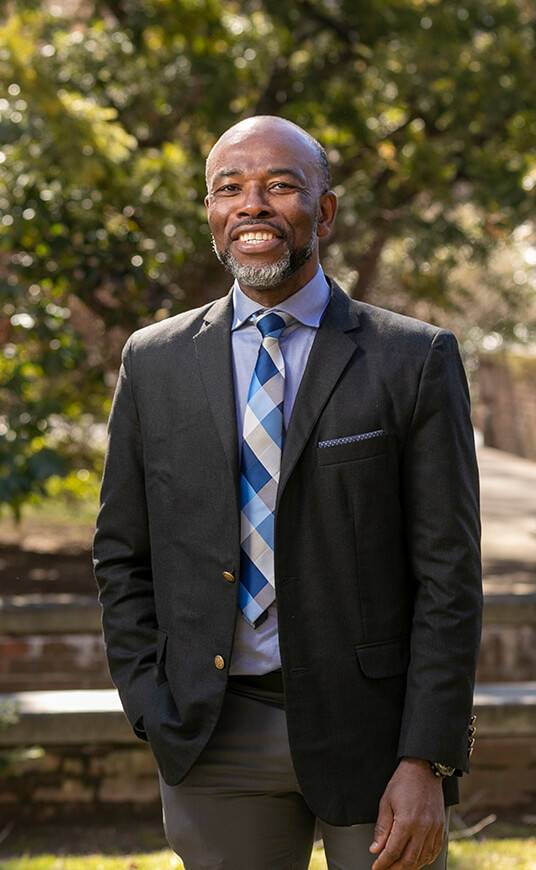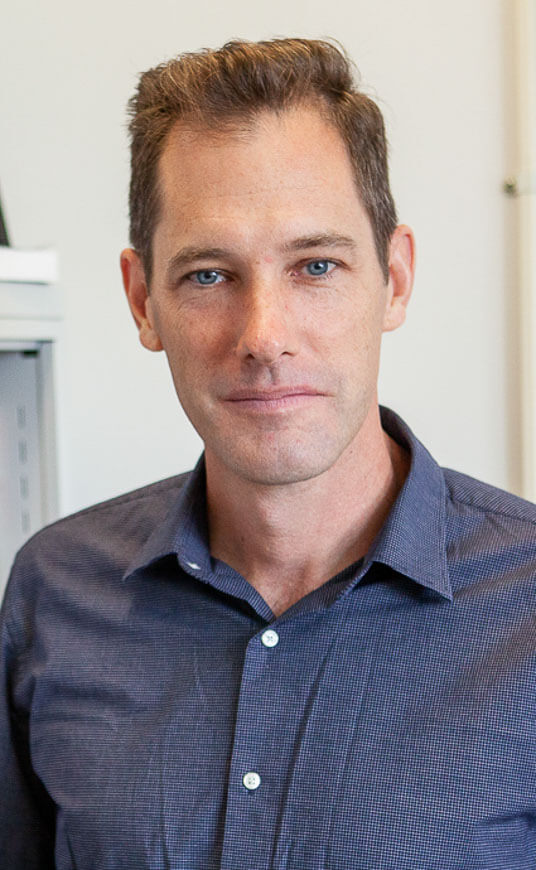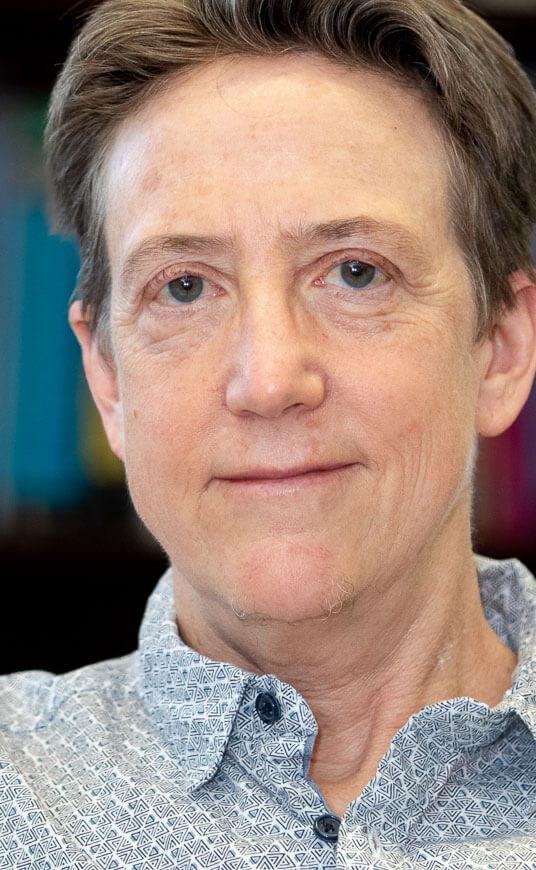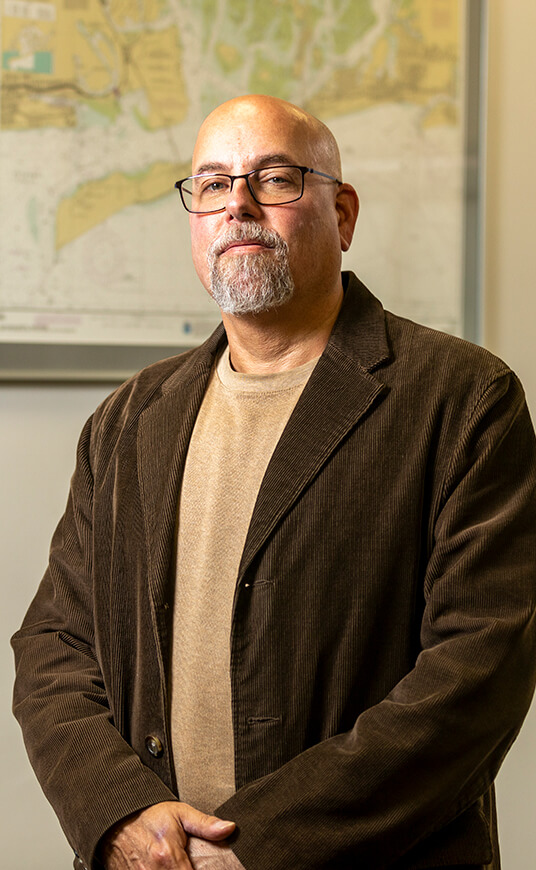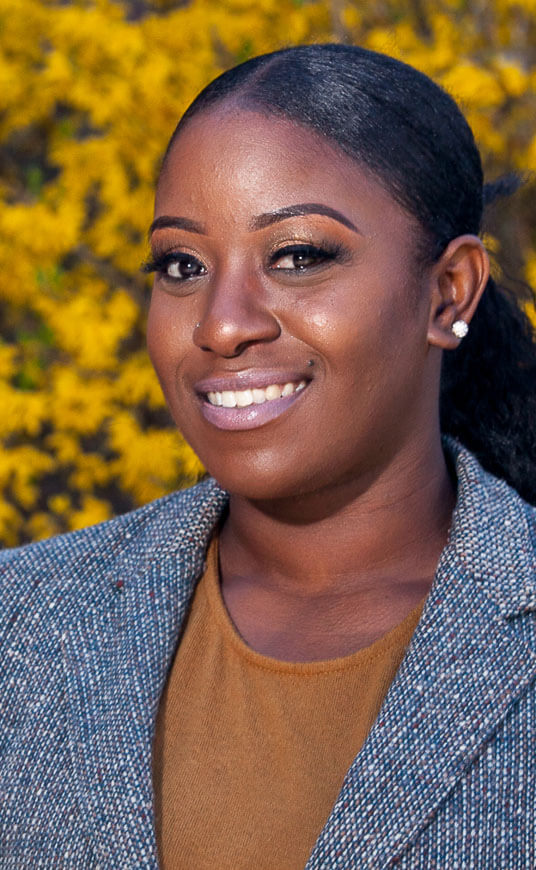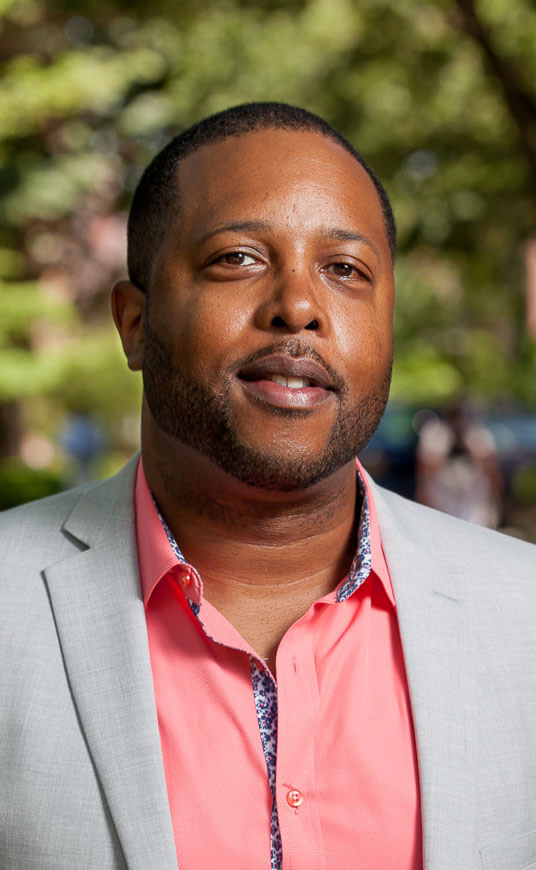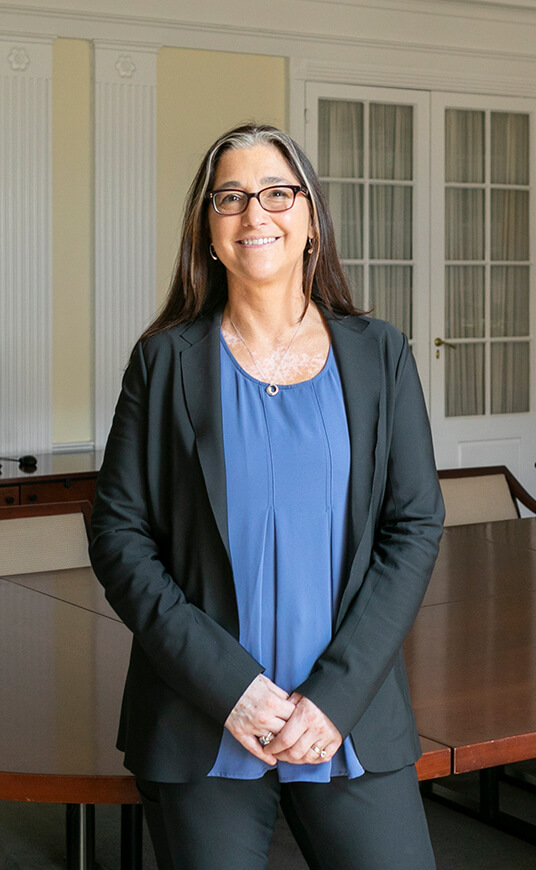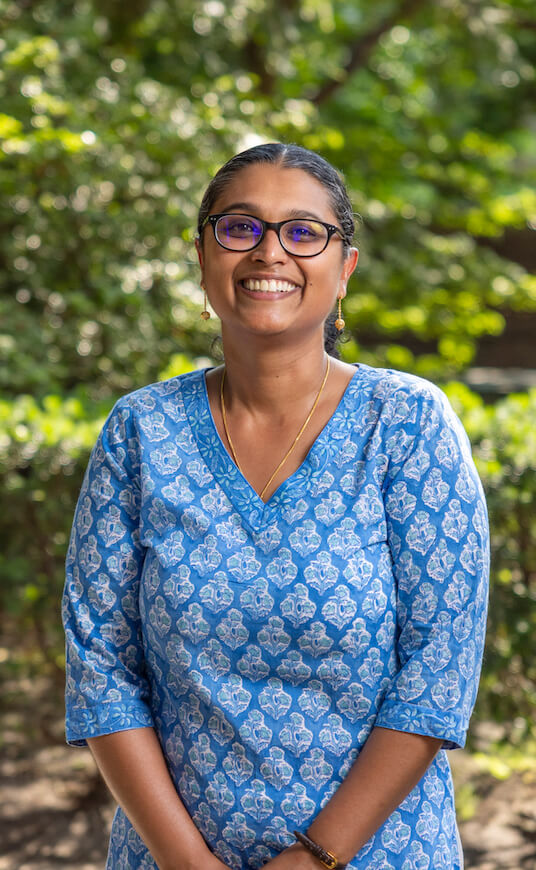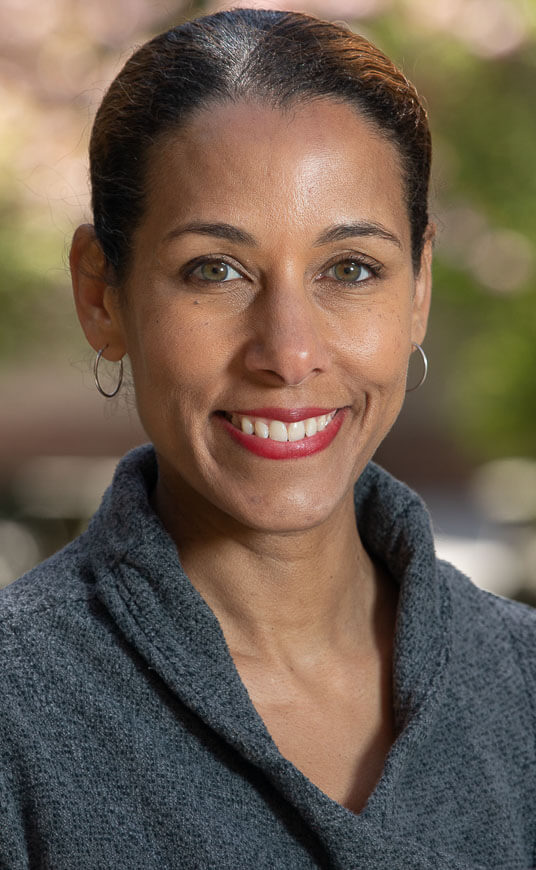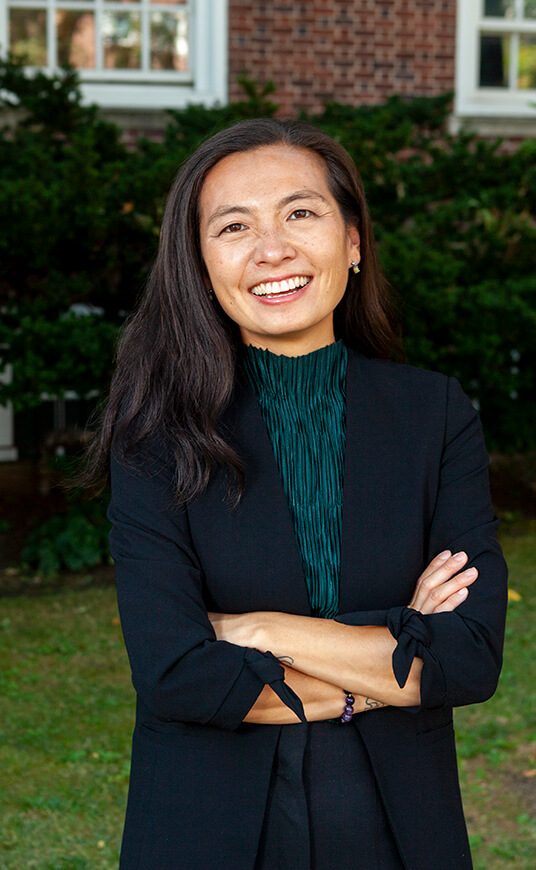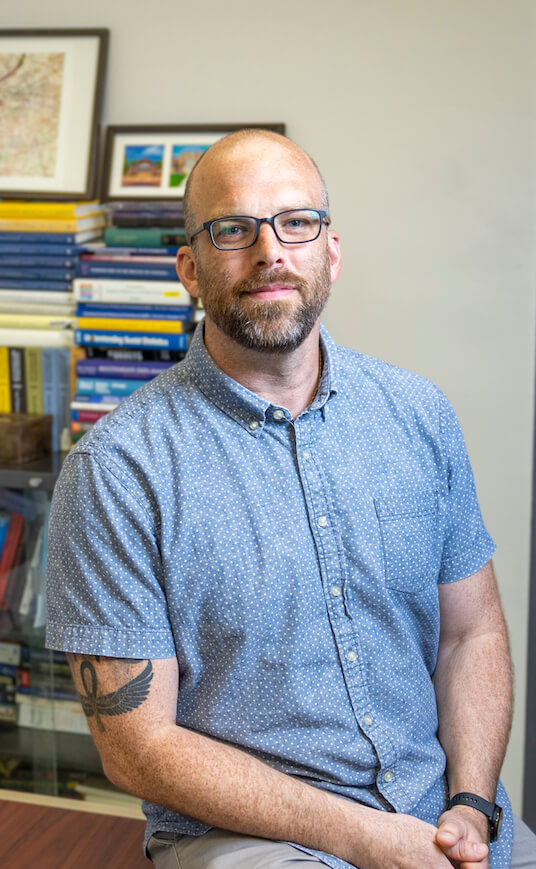Sociology, B.A.
School of Humanities and Social Sciences
Program Overview
As a sociology major, you will learn how and why societies develop, are maintained, and change, and how the intersections of race, ethnicity, class, age, gender, and sexuality affect personal and social experiences and institutional arrangements. Course work also explores the interactions of social systems with ecosystems and the dynamic interplay between social forces. This program will teach you to make your own discoveries about social experiences and to communicate these discoveries. All courses also include opportunities to develop critical thinking, writing, and speaking skills, and visual literacy.
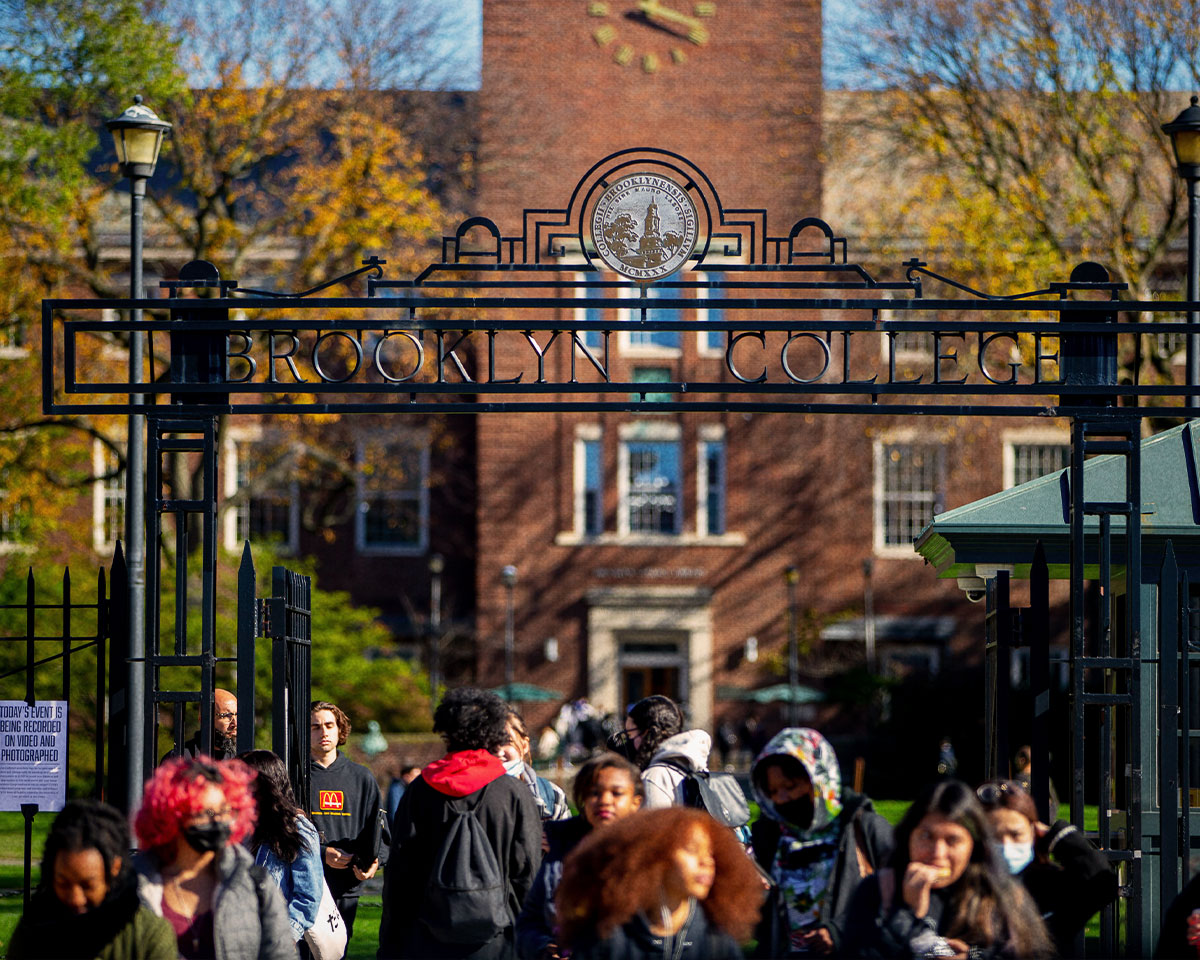
Major Details
The program information listed here reflects the approved curriculum for the 2024–25 academic year per the Brooklyn College Bulletin. Bulletins from past academic years can be found here.
Major Requirements (38 Credits)
All of the following: Sociology 1101, 2101, 2102, 2111, 2112 and 5201W. Sociology 5201W, a writing-intensive course, is a capstone seminar to be taken in the senior year.
Five additional courses from Sociology Department courses numbered 2000 and higher. All courses cross-listed with Sociology can be used to fulfill the elective requirement.
Each course must be completed with a grade of C or higher. A grade of B- or higher in Sociology 2101, 2102, 2111, and 2112 is the prerequisite for Sociology 5201W.
To qualify for honors in sociology, students must have:
- an average of 3.50 or higher in sociology,
- three credits of honors work in Senior Seminar (SOCY 5201W), and
- the recommendation of the department.
Student Learning Outcomes
Students will be able to:
- Explain the key ideas from social theory.
- Critically review the theoretical perspectives in the relevant sociological literature and apply them to a research question that the student has formulated.
- Conduct a piece of empirical research that reflects knowledge of sociological theories and basic research methods.
- Communicate the design and results of empirical research in a professional manner.
- Use foundational concepts to interpret their own lived experience and develop a sociological imagination.
- Describe and explain patterns and trends in diversity and inequality (including race, ethnicity, religion, class, gender, etc.).
Degree Maps
To help you pursue your studies in the most efficient manner, and to maximize your efforts to graduate in four years, Brooklyn College has created four-year degree maps for all its majors.
View degree maps for this major and others.
Contact
Jeremy Porter
3612 James Hall
E: jporter@brooklyn.cuny.edu
P: 718.951.5314
Or contact:
Office of Undergraduate Admissions
222 West Quad Center
2900 Bedford Avenue
Brooklyn, NY 11210
E: adminqry@brooklyn.cuny.edu
To make an appointment with an undergraduate admissions counselor, visit:
The Support You’ll Find
One point that can never be repeated enough is the importance of working with your professors and instructors. Even though there is plenty of good information to be found online, in each class you will learn from an expert in the field, who can answer your questions or direct you to the best resources available. The value of faculty cannot be overstated. Good connections with your instructors may be a deciding factor in landing your dream job.
Internships and Employers
Through job fairs, the internship database, and internship panels, the Magner Career Center gives students in the sociology B.A. program access to career opportunities at a wide variety of employers, including:
- Administration for Children’s Services
- African American Planning Commission
- The Fortune Society
- Greenwich House
- Housing Works
- Jumpstart
- Medidata Solutions
- The Metropolitan Museum of Art
- New Alternatives for Children
- New York City of Corrections and Community Supervision
- New York Historical Society
- New York Public Library
- New York University
- Pace University
- Safe Horizon
- St. John’s University
- United Nations
- YMCA
